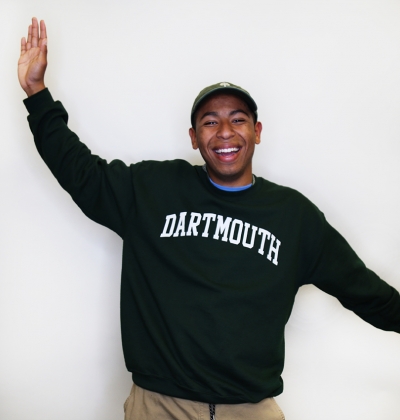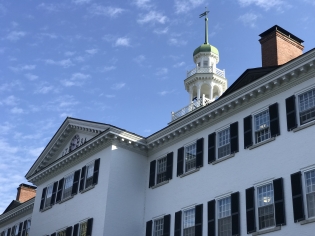
An English & History Major Walks into A Physics Class
With Dartmouth being a liberal arts college, there's an emphasis on not just gaining a depth of knowledge in a specific field, but also a larger breadth of knowledge, pushing you to think in different ways. That means that no matter your major, you'll still have the opportunity to take classes in other departments and disciplines. For me, that means I will take STEM courses, even though I am a History and English double major.
Even though I appreciate and agree with the reasoning for having students take a broad range of classes, going into the Spring term, I was nervous about taking the last Science distributive to graduate. There are various distributives Dartmouth students take, such as a Thought, Meaning, and Value distributive and a Technical and Applied Sciences distributive. They're umbrella concepts Dartmouth wants you to interact with as a student, and the ones that are more prevalent in the humanities/social sciences are easily completed for me in my major classes.
However, I think with these distributive requirements, students can rest assured that there are different ways with getting these done. For example, for my last Science distributive, I am currently taking a class called "Understanding the Universe: From Atoms to the Big Bang" with Professor Marcelo Glesier, a well-known Physics & Astronomy professor. The course looks at scientific discoveries and belief systems through a historical lens, learning through the writings of both famous scientists and historians on science. At the start of the term, for example, we were learning about the Pre-Socratics such as Anaximander and Anaximenes, and their views on what the world was made of!
This class's emphasis isn't necessarily on equations or problem sets, but more on the procession of thoughts on what the world is made of and how it works. This really works for me, since I can learn a specific aspect of a broader STEM subject and also get a distributive out of this! I think classes like these are common here, and I think it allows students to learn more outside of their majors!


















